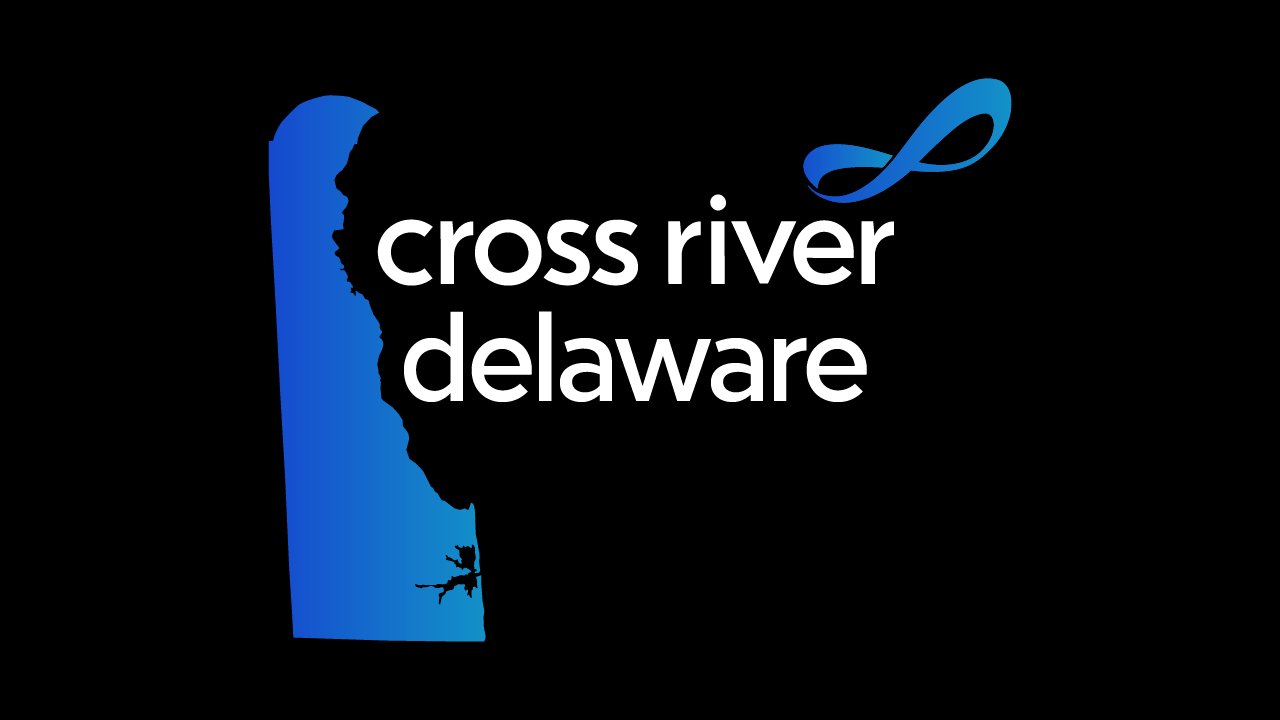Tariff Talk Is Back; PNC and Coinbase Partner; Stripe Acquires Orum
.png)
Tariff talk is back. Open banking drama continues. Viva Finance raises $220MM. Xelix announces Series B. Rakuten taps Imprint for cobrand card. PNC and Coinbase partner. Stripe acquires Orum. Payroc acquires LedgerPay.
Join Cross River executives this Tuesday at 1 pm ET for a mid-year check-in on their January fintech predictions, including real-time payments, embedded finance, stablecoin adoption, M&A, and compliance trends.
New here? Subscribe here to get our newsletter each Sunday. For even more updates, follow us on LinkedIn.
Tariff Talk Is Back (Again)
Yes, we’re back to talking about tariffs (again). The topic is back in the news, with President Trump saying the U.S. will not set rates below 15% for the "reciprocal" tariffs that have been the centerpiece of his administration’s trade policy. With Trump’s self-imposed deadline of August 1st rapidly approaching, the president commented during an AI summit in Washington last week, “We’ll have a straight, simple tariff of anywhere between 15% and 50%. A couple of — we have 50 because we haven’t been getting along with those countries too well,” per reporting by Bloomberg. The latest comments follow a slew of tariff-related letters sent by the president to trading partners, some of which Trump posted on Truth Social, which his administration has positioned as a negotiating tactic to secure new trade deals.
Despite the continued uncertainty, global equities markets have remained buoyant, with some measures hitting an all-time high last week.
CFPB Official Raises Concerns on JPMC’s Open Banking Fee Plan
A Consumer Financial Protection Bureau official has raised concerns about the news that JPMorgan Chase intends to begin charging fintech firms for access to consumers’ data, Bloomberg reported last week. The tidbit is the latest twist in what has become an increasingly uncertain future for open banking in the U.S., despite the CFPB finalizing its open banking rule, commonly referred as “1033,” in reference to the portion of Dodd-Frank that calls for it, late last year.
The rule was finalized under then-Director Chopra towards the end of the Biden administration, though the earliest dates for complying with the rule aren’t until 2026. The final rule faced an immediate legal challenge from a small Kentucky bank, the Kentucky Bankers Association, and the Bank Policy Institute. But rather than continue to defend against that complaint, the Bureau, under Trump-appointed acting Director Russ Vought, switched sides in the case, against the judge to find in favor of the plaintiffs and vacate the open banking rule altogether. The Financial Technology Association, which largely represents smaller, non-bank fintech firms, was granted the right to intervene in the case in an effort to preserve the rule. The judge has yet to rule in the matter and the case is ongoing, leaving the fate of open banking in the U.S. uncertain.
Viva Finance Raises $220MM For Employer-Based Lending
Viva Finance, which offers unsecured personal loans of up to $10,000, has inked deals for new funding of over $220MM to continue to scale its business, the company announced last week. Viva Finance offers loans through employers, focusing on workers’ employment situation and income, rather than traditional credit data, to underwrite its loans. The majority of the $220MM is in the form of a debt facility provided by Community Investment Management, a California impact investing firm. The company also raised an undisclosed amount of equity for unnamed new and existing backers.
Xelix Announces $160MM Series B
U.K.-based accounts payable startup Xelix announced it has raised a $160MM Series B. The company, focused on the red-hot intersection of “agentic” AI, fintech, and payments, offers a platform to streamline various AP functions, including fraud detection and accounts reconciliation. The Series B was led by Insight Partners, with participation from LocalGloba and Passion Capital. Xelix said it plans to use the new funding to “accelerate platform development and support more organisations in adopting AI for their finance operations.”
Rakuten Selects Imprint for Cobrand Card
Online shopping juggernaut Rakuten has selected fintech platform Imprint as its partner to issue a cobranded card, CNBC reported last week. Imprint is not a bank, but partners with First Electronic Bank to issue Visa-, Mastercard-, and American Expressed-badged cards. In addition to Rakuten, Imprint powers cards for companies like H-E-B, Brooks Brothers, and Turkish Airlines. The Rakuten news comes on the heels of Imprint’s recent $70MM fundraise, which nearly made the company a unicorn, with a $900MM valuation.
PNC to Offer Crypto Trading via Coinbase Partnership
Regional bank PNC, the country’s seventh largest by assets, announced a deal with Coinbase to make crypto trading available to the bank’s customers. In a news release regarding the partnership, PNC CEO Bill Demchak said, “Partnering with Coinbase accelerates our ability to bring innovative, crypto financial solutions to our clients.” The partnership will also see PNC provide banking services to the crypto exchange, the companies said.
Stripe Acquires Payments API Company Orum
Stripe has acquired payments API provider Orum, the companies said last week. Orum offers an API that quickly enables firms to tap into a variety of payment networks, including FedNow, Clearing House RTP, ACH, Same Day ACH, wires, and Visa Direct, without having to develop their own integrations or commercial relationships with underlying bank partners. Orum had raised $82MM in capital from investors that include Canapi, Accel, Bain Capital Ventures, and American Express Ventures. Orum cofounder and CEO Stephany Kirkpatrick said of the acquisition, “After thoughtful consideration, it became clear that we have a rare opportunity to accelerate Orum’s mission and greatly increase our impact by becoming part of Stripe.”
Payroc Acquires LedgerPay
Payroc, a global payment processor, has reached a deal to acquire another cloud-based processing firm, LedgerPay, the companies announced last week. The acquisition will enable Payroc to handle “end-to-end” processing for all major card brands and debit networks. The Ledgerpay deal is the latest in a string of acquisitions that has included the payment processing business of i3 Verticals. Payroc CEO James Oberman said the acquisition of LedgerPay, which operates under the brand name PayiQ, will be a “game changer,” as it substantially extends Payroc’s capabilities.

.png)

